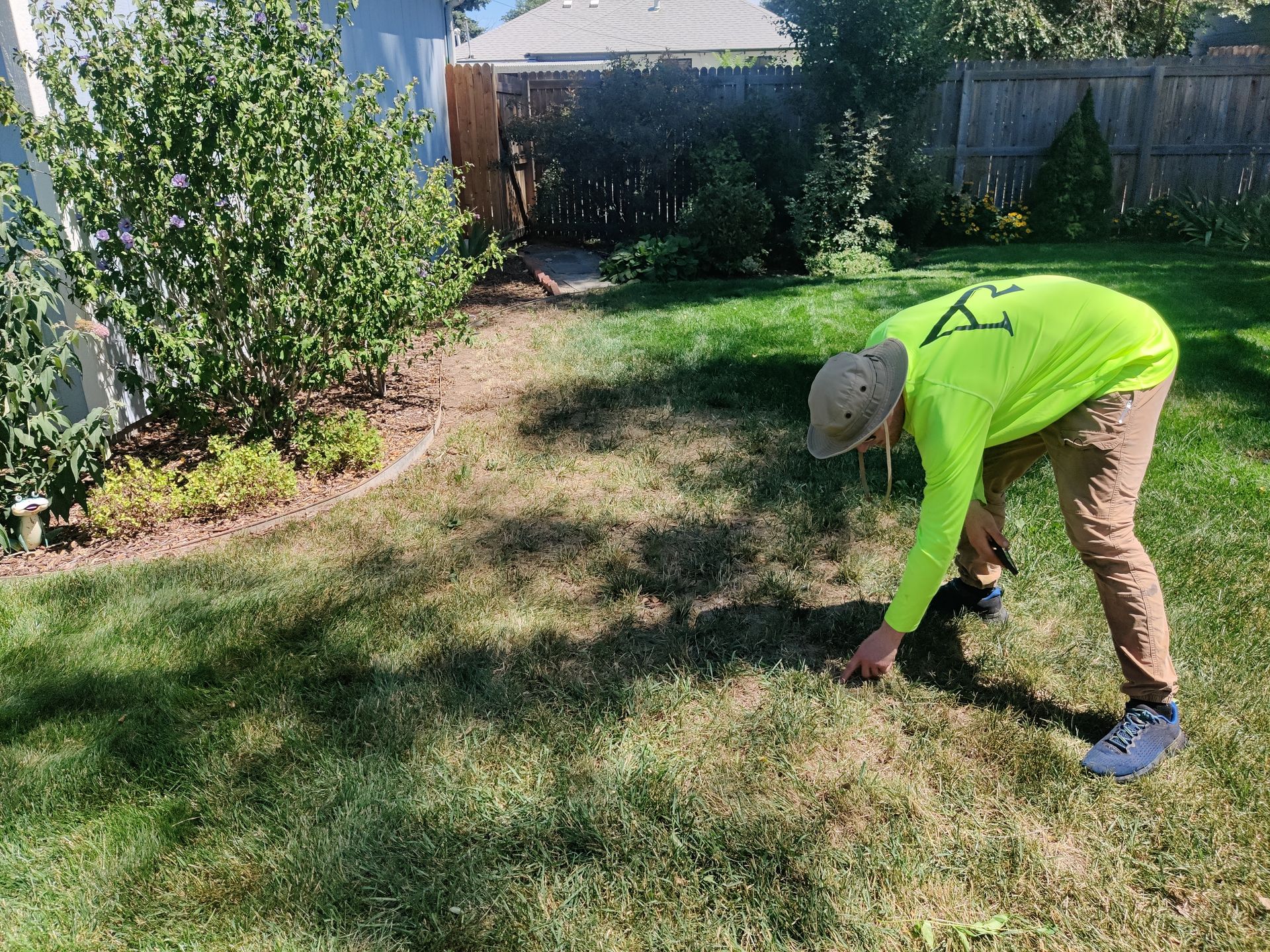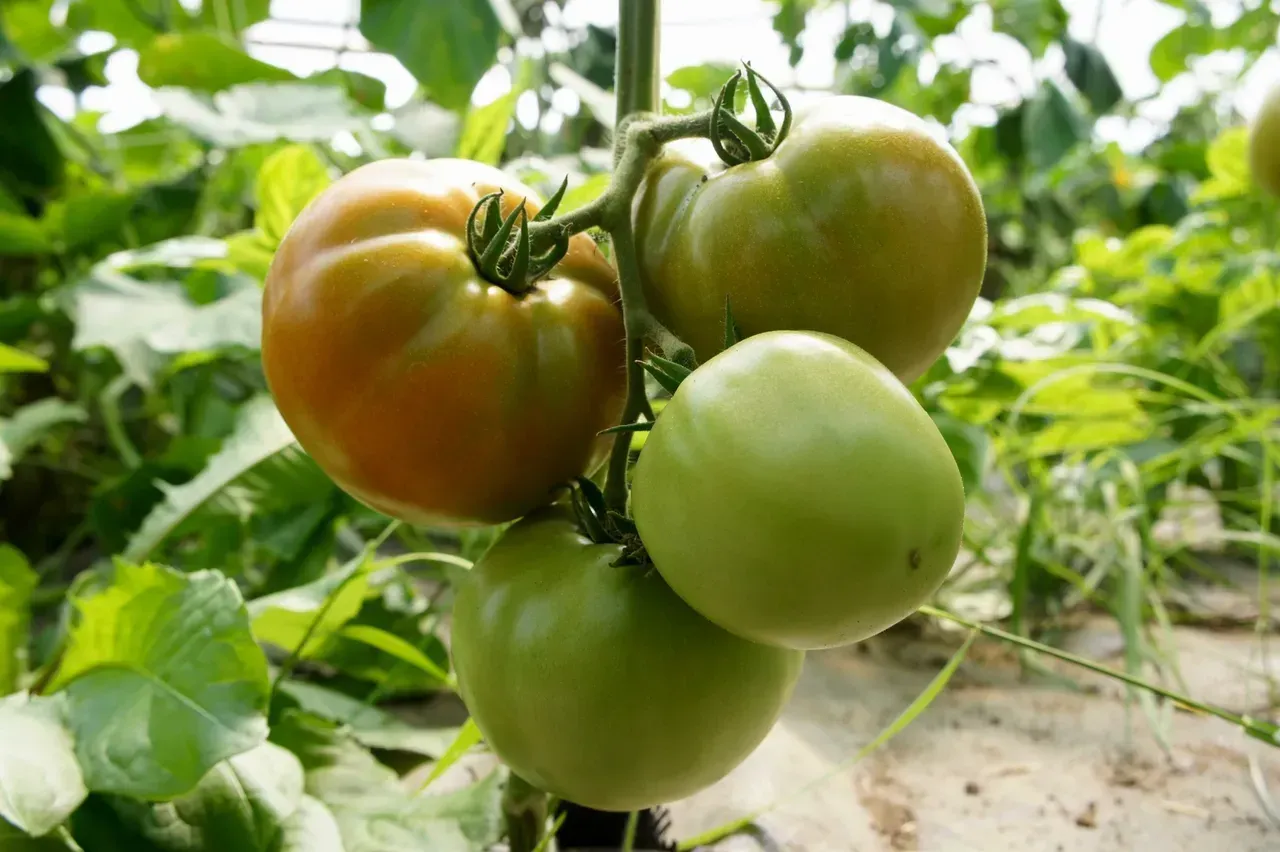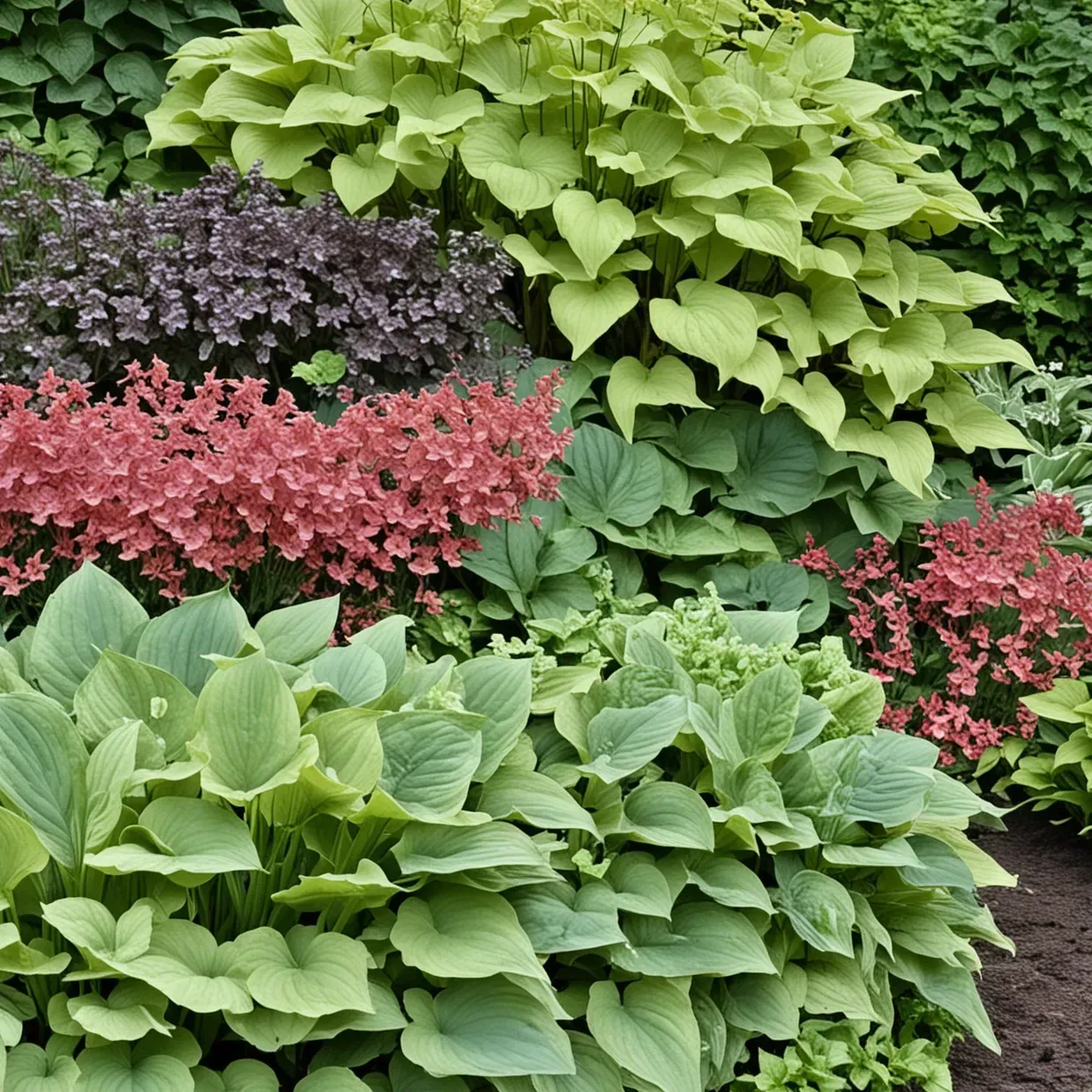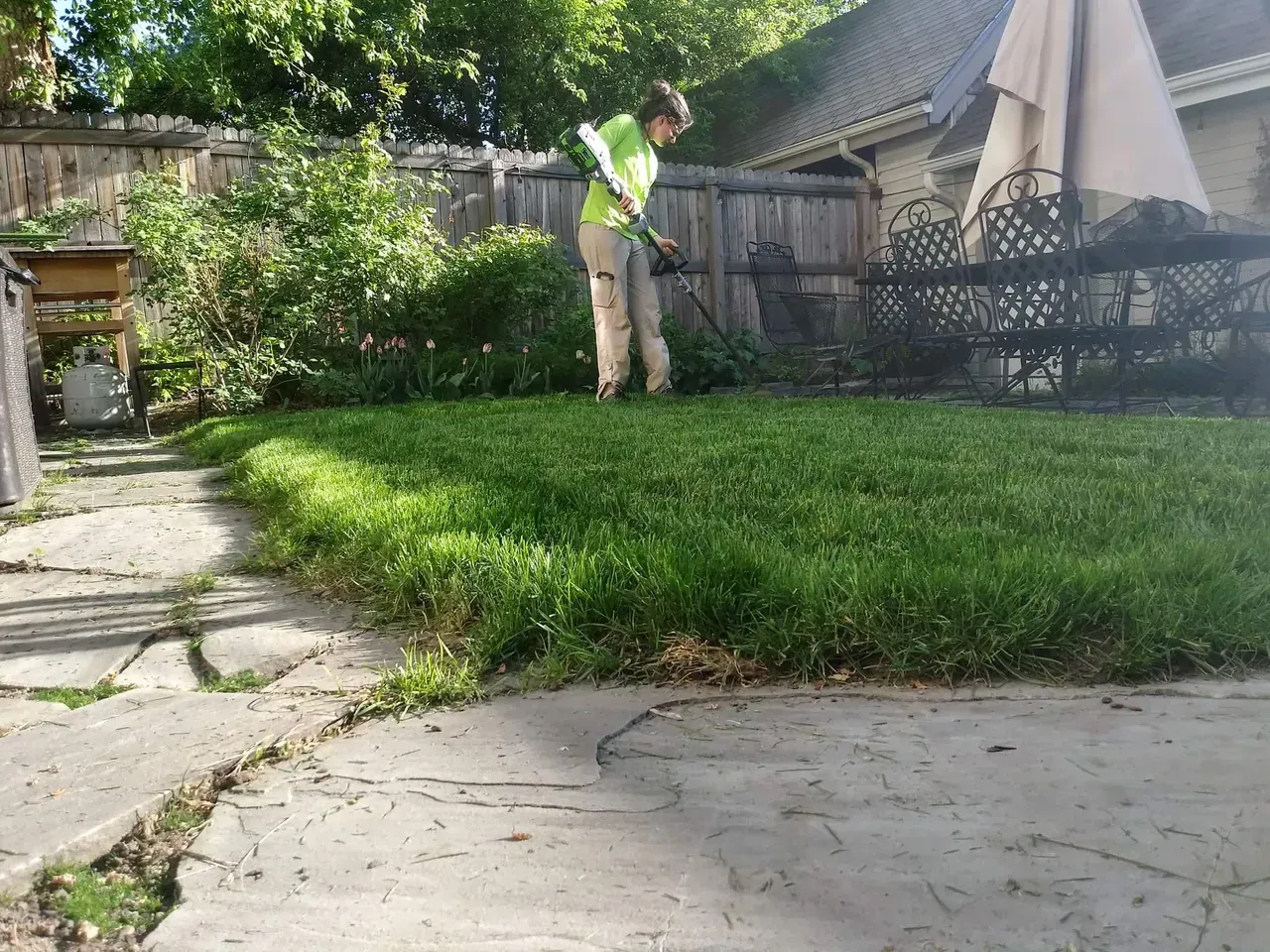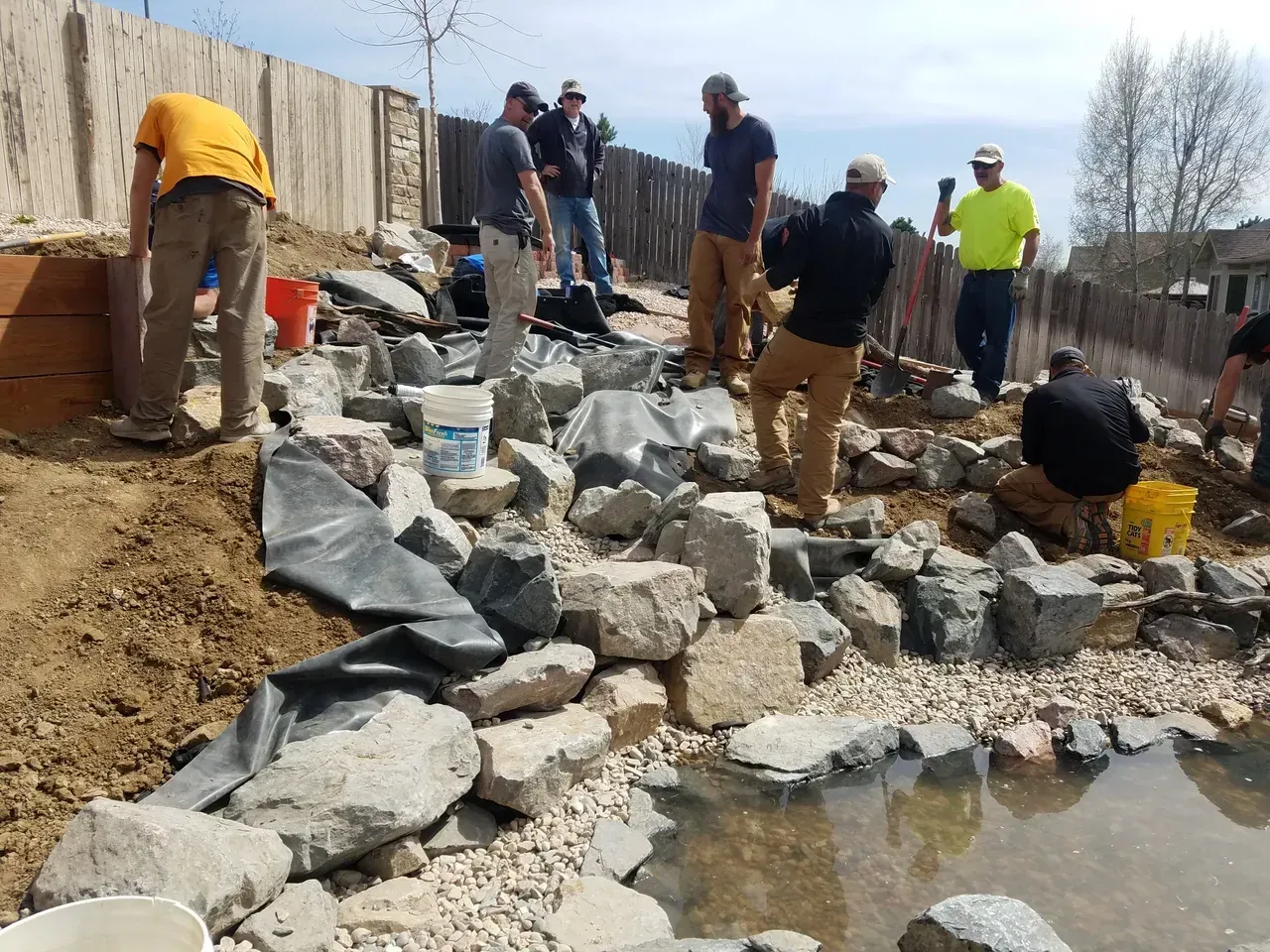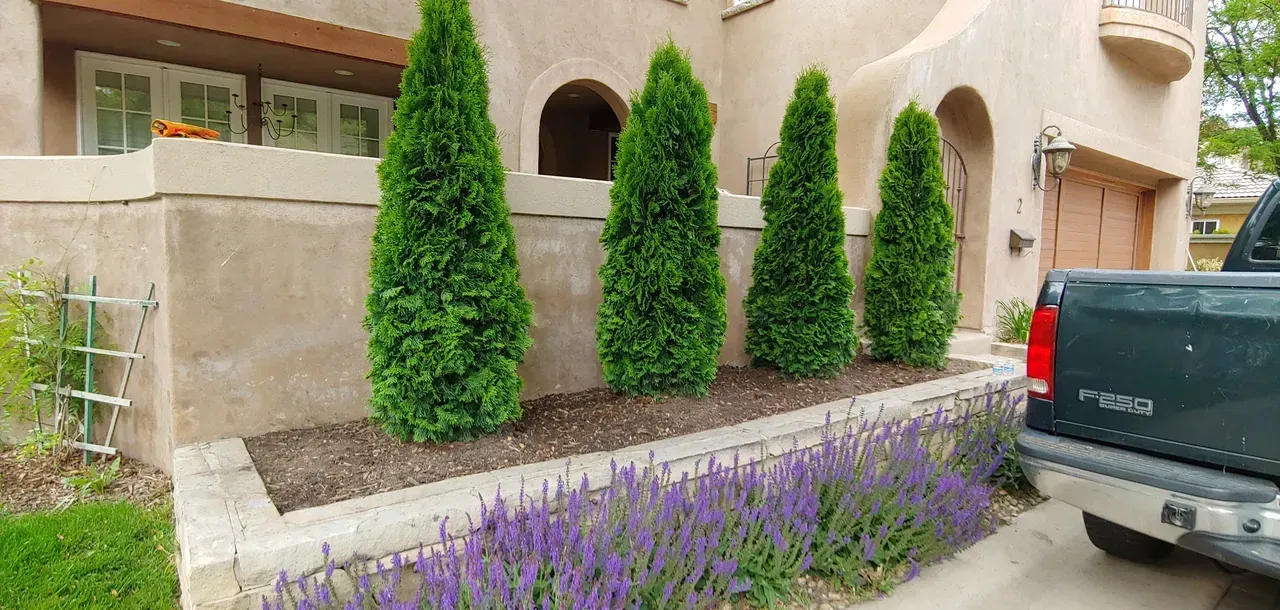Obtain and Maintain the Best Soil in Denver
March 22, 2024
Obtaining Good Soil Quality:
Maintaining Soil Quality:
Achieving and maintaining the best soil quality in Denver involves several key steps tailored to the unique climate and soil conditions of the region. Here's a comprehensive guide:
- Soil Testing: Start by conducting a soil test to assess the pH level, nutrient content, and soil texture. This will provide valuable information about your soil's composition and help you determine any necessary amendments. You can contact CSU's Soil Lab to aquire a test kit, you can give them a call at 970-491-5061.
- Amendments: Based on the soil test results, amend the soil as needed to improve its quality. Common amendments for Denver's soils may include adding organic matter such as compost, well-aged manure, or peat moss to enhance soil structure, fertility, and water retention. Read our other post for a more in-depth explanation on the best soil amendments for Gardens.
- Mulching: Apply a layer of organic mulch, such as shredded bark or compost, to the soil surface. Mulch helps retain moisture, suppress weeds, regulate soil temperature, and gradually enrich the soil as it decomposes. It also aesthetically improves the look of your garden, providing pleasant contrast between the mulch and plantings.
- Aeration: Use a garden fork or mechanical aerator to aerate compacted soil. Aerating improves soil drainage, encourages root growth, and enhances nutrient uptake by allowing air, water, and nutrients to penetrate deeper into the soil. You can also apply liquid or granular aeration to help improve water retention and all other benefits of core aeration.
- Choose Suitable Plants: Select plants that are well-adapted to Denver's climate and soil conditions. Native and drought-tolerant plants typically thrive in the region's alkaline soils and fluctuating weather patterns, requiring less maintenance and water.
- Proper Watering: Water your plants deeply and infrequently to encourage deep root growth and drought tolerance. Use drip irrigation or soaker hoses to deliver water directly to the root zone and avoid water loss through evaporation. Some plants require more water, especially annuals and new plantings of any type. Be sure to monitor them and provide extra water when needed.
- Fertilization: Apply fertilizers judiciously based on soil test recommendations and the specific nutrient requirements of your plants. Choose slow-release or organic fertilizers to minimize nutrient leaching and promote long-term soil health.
- Crop Rotation: If you have a vegetable garden, practice crop rotation to prevent soil depletion and nutrient imbalances. Rotating crops annually helps maintain soil fertility, reduces pest and disease pressure, and improves overall garden productivity. With food inflation skyrocketing, any way to achieve higher yields in the garden is a huge plus.
- Composting: Continuously replenish soil organic matter by composting kitchen scraps, yard waste, and other organic materials. Incorporating compost into the soil adds essential nutrients, enhances soil structure, and fosters beneficial microbial activity. You can buy compost from your local garden center, or browse Craigslist for some local sources of the fresh stuff
- Weed Management: Keep weeds in check to prevent competition for nutrients, water, and sunlight. Regularly remove weeds by hand or use a thick layer of organic mulch to suppress weed growth naturally without resorting to chemical herbicides. Using harsh chemicals to remove your weeds should always be avoided as it damages the soil long term and is harmful to the environment as well as your family
- Soil Protection: Minimize soil erosion and compaction by implementing erosion control measures such as planting ground cover, installing retaining walls, or using permeable paving materials. Protecting the soil surface helps maintain its structure and fertility over time. Vinca (periwinkle) is a great groundcover plant for sun and shade, and easy to maintain its creeping growth habits.
- Regular Monitoring: Periodically monitor soil moisture, nutrient levels, and overall plant health to identify any issues promptly. Adjust your gardening practices as needed to address soil deficiencies, drainage problems, or other soil-related challenges. It's much easier to fix a problem when it first arises rather than letting the problems build up and get worse over time.
By following these guidelines for obtaining and maintaining good soil quality in Denver, Colorado, you can create a thriving garden that sustains healthy plant growth, conserves water, and supports a vibrant ecosystem. Be sure to check out the TL;DR version of this article on our Facebook page!
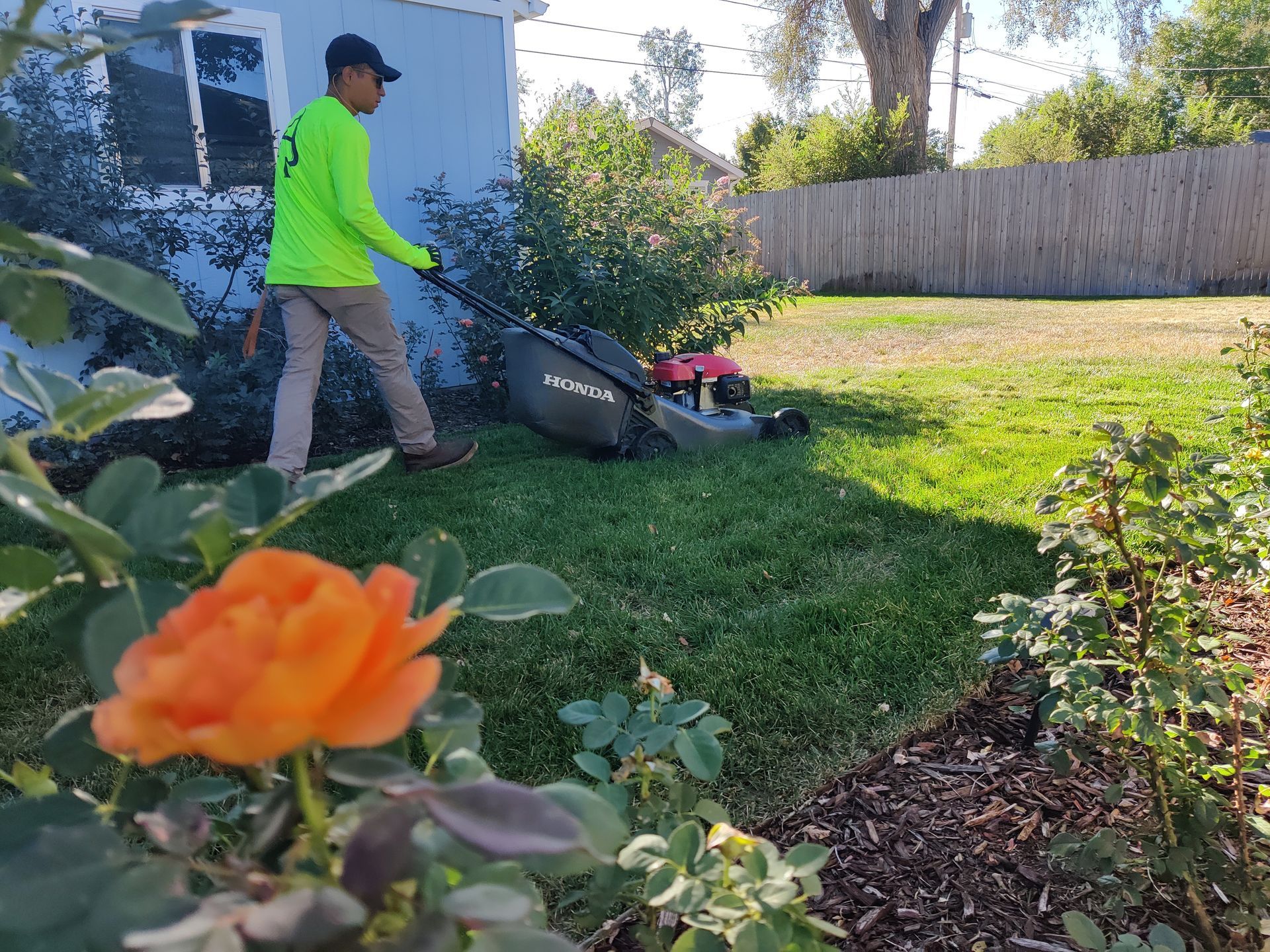
By AOS Team
•
October 31, 2024
Details: The top one inch of soil should get fairly dry before waterings and you should water enough so that it can sink deep into the soil but not runoff onto hardscapes. Deeper dive (more detailed): Watering usually 2-3 days a week produce the nicest lawns in Denver but it depends mostly on sun exposure whether too water less than that. A great practice is to set your watering times to go off twice a day on days you water. This will allow the water to soak into the ground better with less runoff. If you have good, even coverage from your irrigation system, standard fan sprayers usually run between 7-12 minutes for a once a day watering or 2 times at 3-5 minutes each time. If you have upgraded Roto nozzles (not rotary heads, different beast) you can run them continuously for roughly 18-30 min. Once you see run off, you should stop watering.


